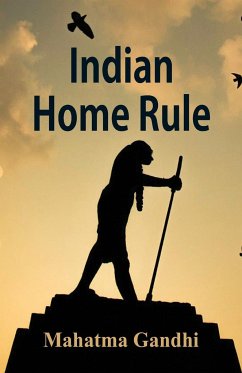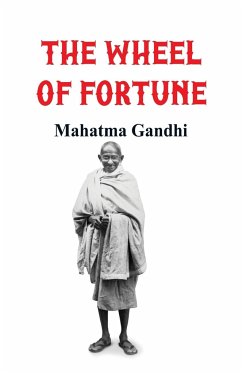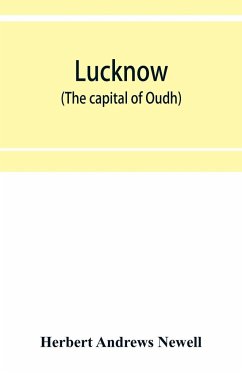
Third Class in Indian Railways
Versandkostenfrei!
Versandfertig in 1-2 Wochen
15,99 €
inkl. MwSt.
Weitere Ausgaben:

PAYBACK Punkte
8 °P sammeln!
A classic collection of six published papers of Mohandas Karamchand Gandhi in 1916 and 1917, over a variety of subjects like 1) His personal experience during his travel in 3rd Class compartment of the then Indian Railways, 2) Importance of Vernacularism and mother tongue in medium of instruction with classic world examples of any country with a rich cultural heritage, 3) Ideology of Swadeshi movement and its impact on self sustenance of local skill sets and its protection from foreign economic invasion, 4) Ahimsa, as mode of highly evolved mental state of courage and virtue. 5) Co-Operation a...
A classic collection of six published papers of Mohandas Karamchand Gandhi in 1916 and 1917, over a variety of subjects like 1) His personal experience during his travel in 3rd Class compartment of the then Indian Railways, 2) Importance of Vernacularism and mother tongue in medium of instruction with classic world examples of any country with a rich cultural heritage, 3) Ideology of Swadeshi movement and its impact on self sustenance of local skill sets and its protection from foreign economic invasion, 4) Ahimsa, as mode of highly evolved mental state of courage and virtue. 5) Co-Operation and its importance in creating a sustained growth model and wealth in the nation. 6) National Dress These are some of the very important historical evidences of M K Gandhi's famous and world renowned ideologies which every citizen of the world should be abreast with for a better life and which are also a part and parcel of his anti-British and Indian Independence movement during his times.














